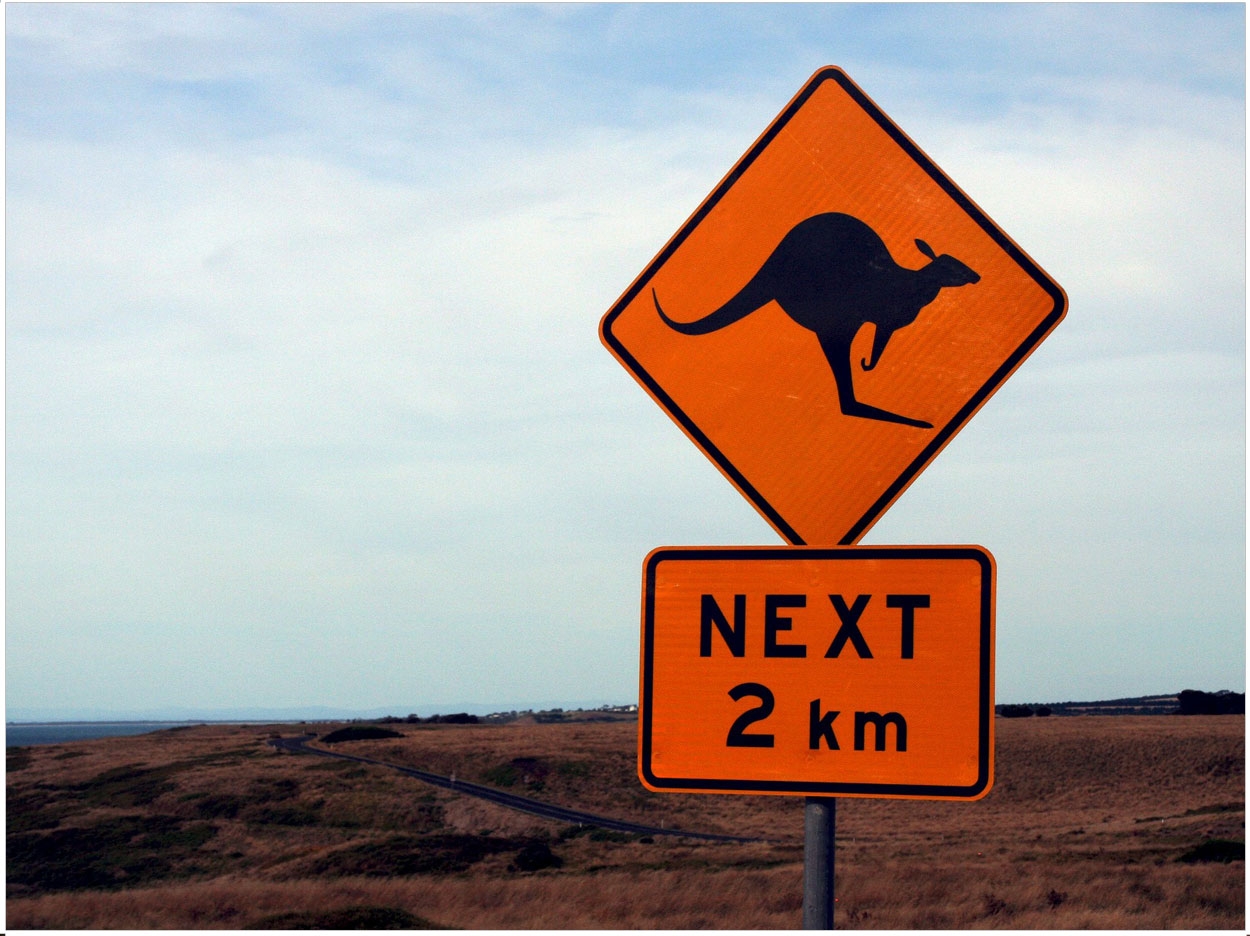
Access to dental care in Australia is getting better. According to a 2012 study by Insight Economics, the number of practicing dentists per 100,000 people has increased from 46.9 to 54.1 from 2000 to 2009, with that figure expected to reach the upper 60s by 2020.
Yet most of these dentists practice in Australia’s cities. Many rural towns lack the population to support a full-time dentist, leaving residents who need dental care to turn to hospital emergency departments and nearby doctors with general practices for help.
How these doctors approach dental problems, then, plays a significant role in oral health. Researchers from the Centre for Rural Health at the University of Tasmania interviewed 30 of these doctors from rural Queensland, Tasmania, and South Australia to get their perspectives.
These doctors see between one and 20 patients with oral issues each month, including toothache, abscesses, trauma, and overall poor oral health. Some of those interviewed said that they weren’t confident in treating these cases and only could provide pain relief and antibiotics.
“If I suspect infection I will give antibiotics,” said GP 13, one of the doctors who participated in the survey. “As far as pain goes, I will give them a short-term oral pain relief…but I always give advice to go to the dentist.”
Most of these doctors also advised their patients to see a dentist, but patients didn’t always follow up. Sometimes, the costs of travelling to a dentist or simply seeing one were prohibitive. Or, their symptoms had abated. In some cases, patients didn’t think oral health was important.
“Dental care is not a priority in rural people’s lives—at all,” said GP 19, another survey participant. “There are some quite attractive young men and women who’ve got shocking teeth… so just for lack of care.”
“A higher proportion of patients from these communities place a low priority on oral health,” said Dr. Rick Olive, president of the Australian Dental Association. “There needs to be broader commitment to strengthen community and patients’ awareness of the importance of good oral health.”
Twelve of the doctors said that community-based and school-based oral health education would be helpful: “Mum and Dad don’t brush their teeth, so the kids don’t do it either,” said GP 2. Also, some of the doctors saw opportunities to provide preventive advice to these patients themselves.
The doctors were concerned with communication as well, as they refer patients to dentists, but never hear back from those dentists. They also thought that visiting oral health services were valuable, though they weren’t well informed about the availability of these services.
“We all have a greater responsibility to create these professional relationships and linkages in these communities so that patients are empowered to get the best access to dental care available,” said Olive.
In addition, the doctors said that attending workshops and training could help them improve their confidence and capacity in treating dental issues. They also suggested alternative business models for delivering dental care, including mixed public/private funding and teledentistry.
“Ultimately, we need to ensure a broad range of service delivery models are available,” said Olive.
The study, “‘Sorry, I’m Not a Dentist’: Perspective of Rural GPs on Oral Health in the Bush,” was written by Tony Barnett, Ha Hoang, Jackie Stuart, and Leonard Crocombe, and it was published by The Medical Journal of Australia.
Related Articles
Flying Dentists Get Online Resources Down Under
Diagnosis By Smartphone? There’s an App for That
RAM Reaches Thousands of Needy Patients in the United States



